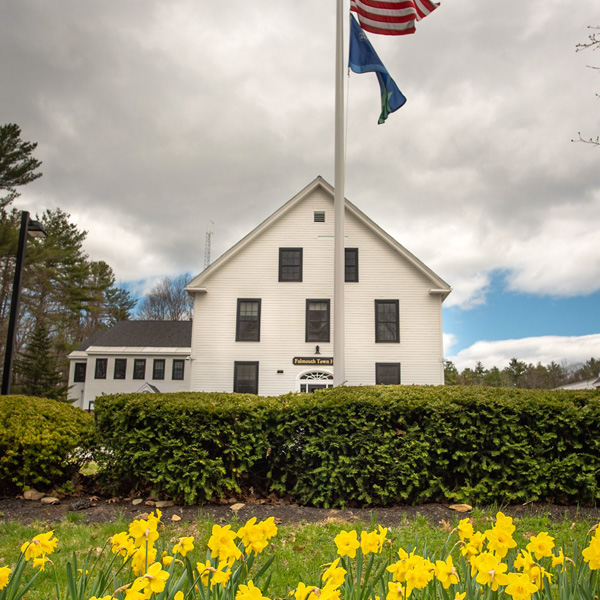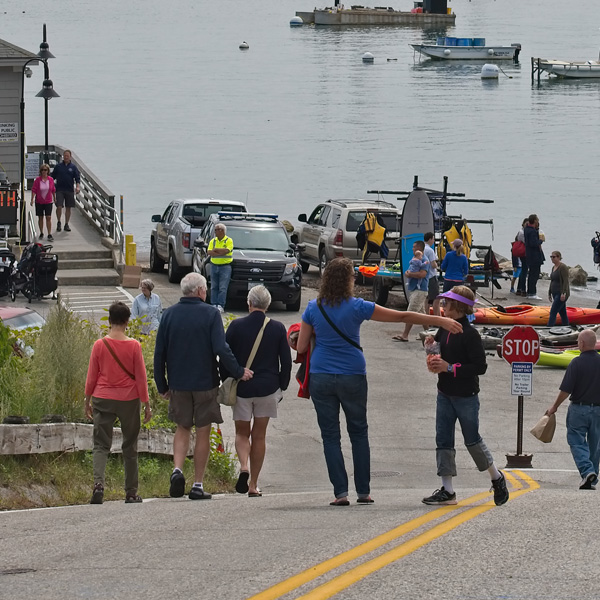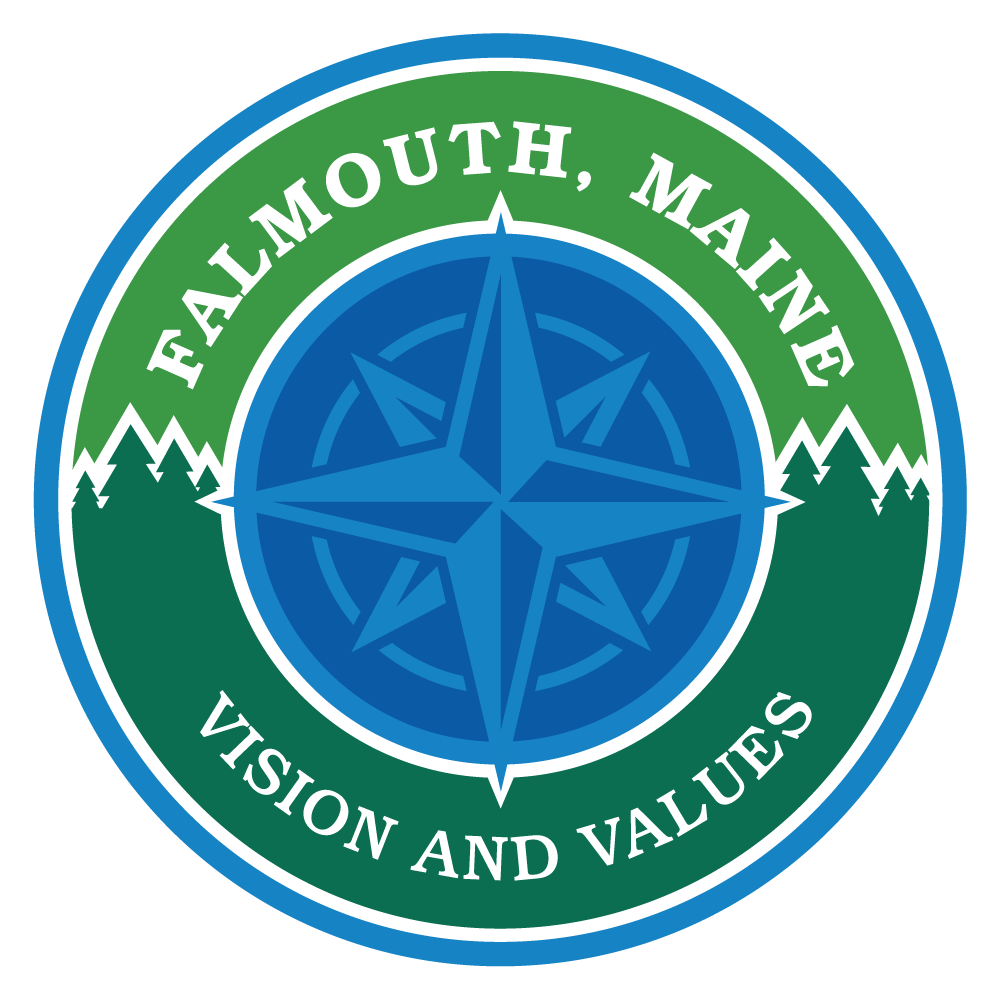

As the acceleration of change occurs, collaboration with surrounding communities in the region will become more important. Falmouth residents have indicated a keen interest in being a leading role-model community relative to similar towns in the Northeast.
What future collaborations do you think would be best and most beneficial to Falmouth? On what topics can Falmouth best provide leadership and act as a role-model example?

For more information about the Town of Falmouth Vision and Values project, please contact:
David Beurle, CEO
Future iQ
Phone: (612) 757-9190
david@future-iq.com
6 Comments
Based on the results of the Vision and Values survey,
Respondents feel it is very important that they be a part of key decisions by 1065 to 8 or a ratio of 133 to 1.
Two other conclusions from that same survey:
The desire to keep Falmouth autonomous is 11 to 1 over the desire to have Falmouth become part of Portland.
The desire to have voters decide what happens to Falmouth is 7 to 1 over the desire to have other interested parties included.
It will be very important to keep in mind what the citizens of Falmouth have expressed in the survey results.
What happens in Falmouth should stay in Falmouth! We should have our own culture and not seek to become part of the “Portland Community”.
The overwhelming survey result about resident engagement and involvement in key decisions (133:1) seems to have vanished from this group’s structured focus and the (Town staff’s) desire to increase the Town’s role and influence with the regional council and have the regional council ascend in importance has taken center stage for discussion. The latter is not where the residents’ focus and overwhelming interest lies. That focus and overwhelming interest in “power sharing”’on key decisions with council is where this group’s primary attention should be.
There is no inevitability of regional interests taking precedence over resident voice and resident interest in a greater say in key decision making.
Today we are facing complex issues around demographic shifts, climate disruption, population growth and housing affordability. All of which are better addressed through deep and proactive collaboration with stakeholders at the local, regional and national level. 38% of survey respondents indicated support for regional collaboration and 55% advocate shared participation in shared planning. I am glad to see the town of Falmouth leadership is an active participant in a number of state and regional organizations including GPCOG, Maine Municipal Association and the Metro Regional Coalition as well as others.
So interesting to see the results of our survey!
I would like to address the point about using best practices with 79% of respondents in agreement. If we agree that others have good ideas worth thinking about, and those good ideas and outcomes can be achieved by collaboration and communication beyond our town boarders, we may need to think more deeply about our place within our region. Collaboration and communication with neighboring communities (or communities further afield who have figured some of our challenges out) does not mean giving up our sense of autonomy or the sense of place here in Falmouth.
Addressing the multitude of issues we face because we are part of this ecological and social ecosystem (climate disruption, housing shortages etc.), will require looking beyond our boarders because we do not have the time or money (or likely the inclination) to re-invent the wheel for each of these issues.
Some of the questions we might ask ourselves are:
how do we engage with other communities that have shown a high level of civic success?
how do we implement best practices from away, that will also be best practices for Falmouth?
how do we collaborate with our regional neighbors while keeping our sense of place?
THANK YOU to everyone who participated in this focus group. I appreciated all the insights and suggestions for enhancing community engagement in town decision making.